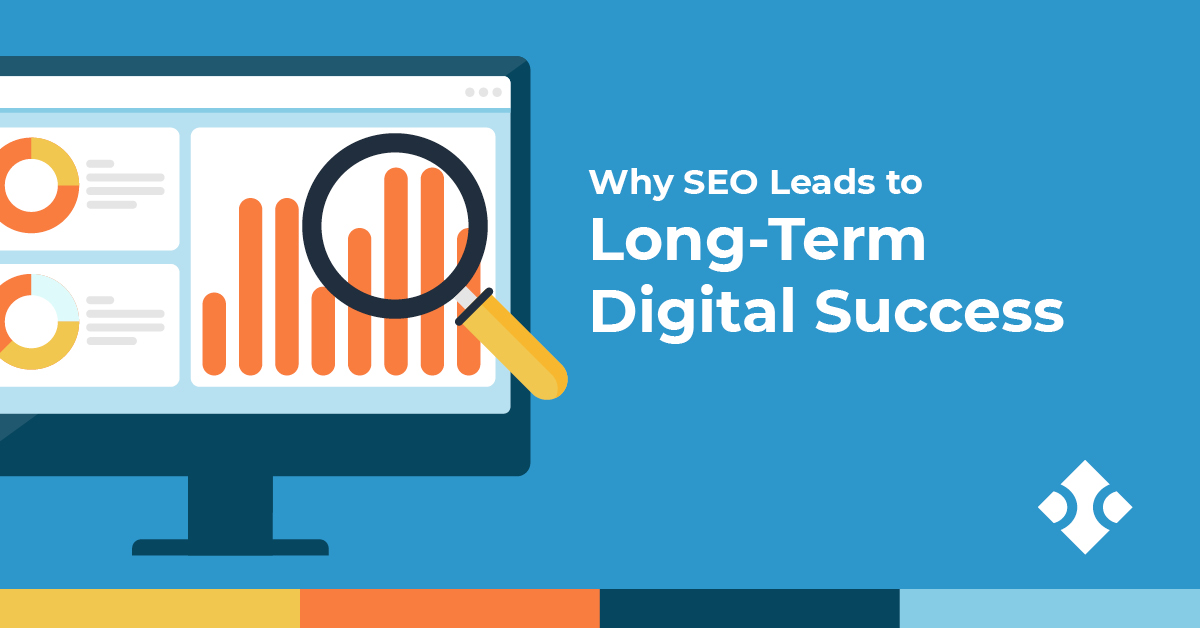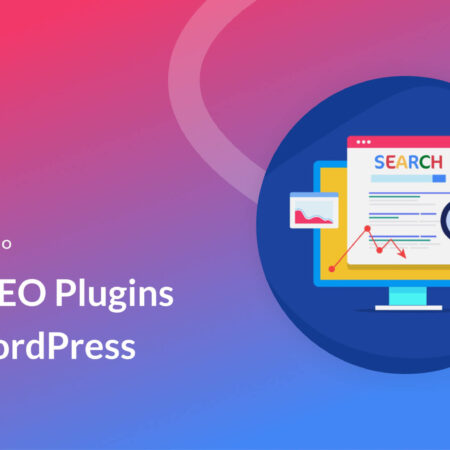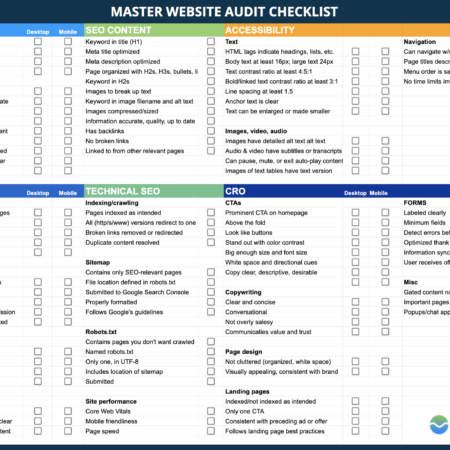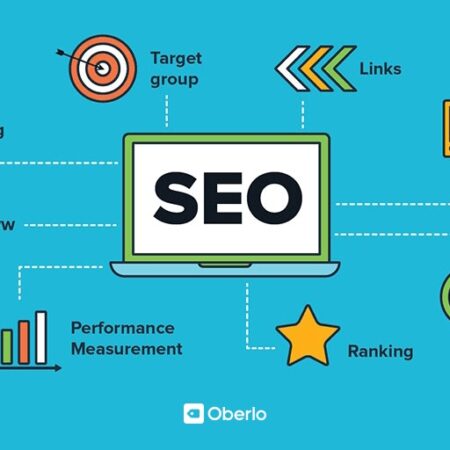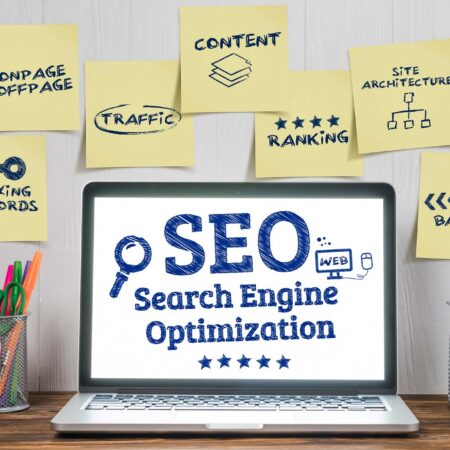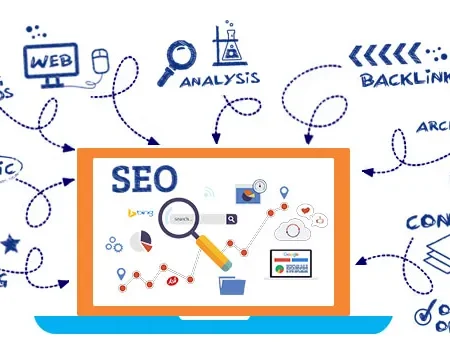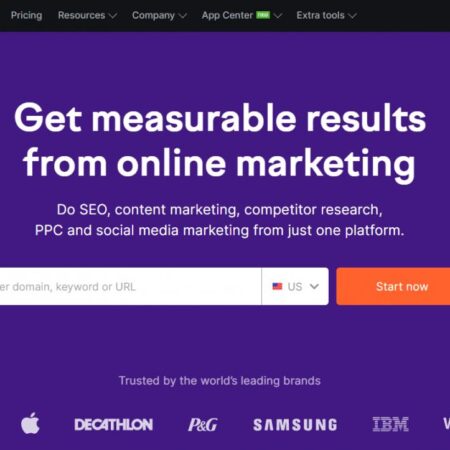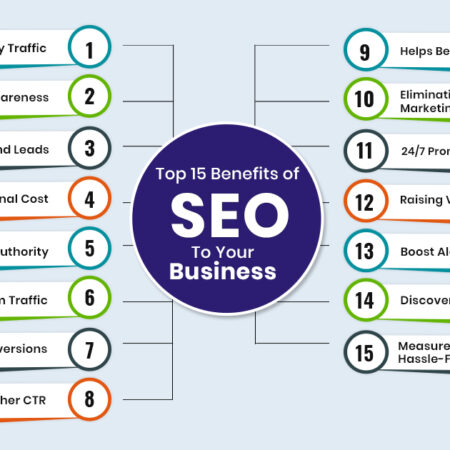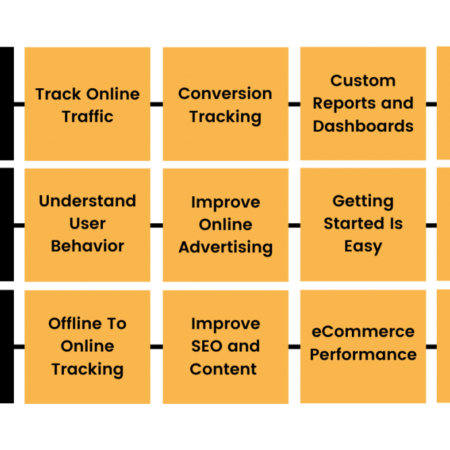WHY DOES SEO TAKE SO LONG
WHY DOES SEO TAKE SO LONG
WHY DOES SEO TAKE SO LONG looked into a few different SEO companies, and found one you believed had the experience and expertise to push your website right to the top of the search engine rankings. There, you would immediately start reaping the rewards of higher traffic levels.
And then the first month goes by, and nothing seems to have changed.
So you start to hound your SEO manager, wanting to know exactly where your funds are going, why you aren’t seeing better rankings, and, at the very least, some more deliverables.
Regular marketing, after all, can produce results in a month. Traditional marketing endeavors will either see success, so you push it further, or it will clearly not resonate with the audience, so you change tactics. Simple.
So what’s wrong with you?
Obviously, as an SEO company, we’re going to tell you the same thing that every other agency does:
SEO takes time.
It takes time to research your market and industry. It takes time to perform the necessary analyses. And it takes time to product quality content.
And that’s just on our side of things.
It takes time for Google to recognize your website and assign it the authority it deserves. It takes time for it to see that changes have been made, compare the quality of your website and your content to everyone else in the same space.
It even takes time for user behavior to change. They’ll need a while to discover that things on your site have changed.
Despite all this, any agency will be able to tell you stories of their clients that quite after three, two, or even a single month because they weren’t getting the results they needed to justify the costs or, worse, that they weren’t get the results they expected.
So let’s take a look at why SEO takes time, and why so many companies still have unrealistic expectations for the process.
Why Does SEO Take So Long To… What?
Asking how long SEO takes is an incomplete question, and it won’t get you a satisfactory answer.
Obviously, what people really want to know is how long will it take SEO to deliver results.
But we’re still not at a very specific question because “results” means different things to different people.
To an SEO agency, a “result” is increased traffic and higher returns.
You’re about to say that obviously this is something a company would be interested in, too. And, as a whole, and taken as the big picture, yes, their overall goal as a company is to grow and see more revenue.
But when it comes to SEO, their idea of a result seems to regularly revolve around: “being #1 for my favorite keyword.”
There’s a really good article in Forbes that points out exactly why this notion is a little problematic in the current search engine environment.
The article points out that there was a time when SEO was a simple matter of finding the 5 or 10 keywords that had the most potential and the least competition.
These generic terms were often very high in traffic volume and could potentially turn a website into a traffic-generating powerhouse.
Things are different, now. If your idea of a “result” is nothing less than ranking #1 for a small group of generic keywords, you’re probably not going to reach the people who are searching for you, even if you do reach the top of the search engines for those terms.
Everything Was Better “Back Then”
There was a time when SEO really was a matter of determining which keywords could deliver the most traffic, then optimizing your website for those terms, and then building as many links as you could get away with.
It was mechanical, and it was simple.
But over time it proved to be fully unsustainable.
People who used “short cut” tactics to rise rose to the top of the search engines on such tactics did not stay there. Even companies that used the tactics that were well accepted across the industry soon found that they could stay at the top for long.
All those tactics that may have been a bit easier and a bit faster were too mechanical and too unnatural.
Of course, mechanical meant there was a greater level of accuracy when trying to predict a timeline for SEO to start being effective.
And we can’t really have that anymore, either.
So, How Long?
You’ll hear a lot of estimates when you talk to different SEO companies. Four to eight months is a common estimate. Six to 12 months may be more accurate, though.
But why trust an agency about that. Here’s what Google said about it. (Skip to 1:35 mark to jump straight to their suggestion.)
There you have it.
Four to 12 months just to start seeing results.
A year to see results is not something that clients want to hear or something agencies want to say, but there it is, right in front of us on a Google Webmasters video.
Accounting for Variables
Of course, 12 months sounds bad, but why be so glass-half-empty?
Maybe your website is the one that sees some amazing results in just four months. (And by “results” we mean sustainable web traffic and customers, not just ranking for specific keywords.)
It all comes down to the variables that are currently at play in and around your website. These are many and varied and may or may not include:
- The keywords and topics relevant to you
- The relevance of your content to those keywords
- The age of your domain and website
- The current website design
- The amount of time the average user stays on the site
- Your geographic location
- Your competition
- Your social activity
- Your reactions to new trends
- The perceived level of quality in the content
- How quickly you implement recommended changes
Every one of these variables could impact the length of time it will take to start seeing results from your SEO campaign.
In general, your timeline will include time for research and discovery with detailed website audits, and from there moving into a lot of technical SEO work. It will likely be a couple to three months before new content really starts becoming a major part of your campaign.
|Related: Get a free website report and see how your site is performing.|
But even that timeline will depend on a number of variables, so let’s take a deeper look at some of the elements that can have an impact on your results, and the speed of your results, for better or for worse. This includes: quality, competition, how quickly changes are implemented, and your budget.
Creating and Establishing Quality
Good quality takes time to create. It takes time to implement. And it takes time for Google to acknowledge that quality.
Then, you need to promote your content properly. Google will judge the engagement with it, track the number of people who see it, and how many bounce back out. The number of links will matter, and, more importantly, the number of links over time, and from various sources, will tell Google different things about your content.
If you’ve found a company that simply churns out blogs at a surprisingly fast rate, you may want to wonder how much quality Google will assign to that content.
Your content needs to come together in such a way that it shows a search engine that you are an authority on a given topic. More importantly, it has to quickly answer the questions your customers likely have about you and your products.
It’s going to take some time to do this properly.
Your Competition Is Actively Doing SEO, Too
How much time and effort are you putting into an SEO campaign?
Do you realize your competition is probably putting in at least as much?
There was a time when SEO worked because a lot of big companies didn’t understand how important it really was. That opened up a lot of opportunities for smaller companies to make quick advances up the rankings.
It’s not like that anymore. SEO is taught in universities and large companies have entire SEO departments, and they still outsource a lot of work to agencies on top of that.
The competition is intense. Each blog you put up could draw in more traffic, but how many blogs are your competitors putting up? If you can’t beat their quantity of content can you beat their quality?
You can do every last thing right in your SEO campaign, and results may still take some time because another company is out there doing everything right, too.
SEO does not happen in a bubble.
Yes, if no one else was actively trying to rank for your keywords, it would be a simple matter to see results quickly. But they are, and that can have a huge impact on the speed of your SEO results.
Making Changes Early and Often
How many changes did you make? Did your SEO specialist recommend a few simple changes to the meta data, or did your website require an overhaul of the entire navigation?
|Related: Should You Go In-house with Your Online Marketing or Outsource the Work?|
Either way, the real question is how long it took to start implementing these changes. Some of them are simple, and they can be completed in a day. These changes may seem so simple that the impact on the campaign may also seem minimal.
But that doesn’t mean they shouldn’t be done.
In fact, these simple things are often foundational elements of a campaign, and should be done as soon as possible.
More complex actions may take more time to complete, but the sooner they’re implemented the sooner you’ll start seeing results.
Keep in mind, though, that these changes may take a few days to a couple weeks to fully register with the search engines. Sometimes it just takes that long for a search engine to recrawl and re-index any given page.
This brings up one more point that was mentioned in the above video. She points out that, in all her discussions with SEOs, the biggest holdups on the path to more traffic is not, in fact, the SEO’s recommendations. It’s the business finding time to implement the suggestions.
This is not me trying to shift blame onto the clients for any apparent lack of SEO results. This is just one more opportunity to encourage companies to get their entire organization on board with an SEO plan. The marketing team, the web team, and the execs have to be ready to do their part in this process.
When this happens, you’ll be working with your SEO agency instead of against them.
And that will lead to faster results.
Your Budget
It is an unfortunate fact that your SEO budget will have an impact on the speed of your SEO results. A higher budget simply allows for more people working on your campaign and researching your industry and creating your content.
Of course, that doesn’t necessarily translate into an increase in quality (though it should).
And, let’s get one more thing straight:
When we say your budget affects the speed of your campaign, we mean the speed of performing SEO-related tasks. We’re not talking about the speed at which you can climb the rankings.
No amount of money can guarantee a faster trip up the organic rankings. Only that tasks get completed faster.
This is why it’s important to look at more than price when you choose your SEO company. If you set your goals around increasing traffic and conversions rather than ranking #1 for a given keyword, you’ll probably receive more value for your investment.
There’s a Problem with the Original Question
So, we’ve looked at all the things that could impact the length of time necessary to start seeing results.
And we’ve used that word “start” many times throughout this blog for a very specific reason.
See, the problem with the original question: “why does SEO take so long?” seems to imply that there’s an ending to SEO.
While you can start seeing results in as little as 3 months, imagine how those results can grow as you continue to develop your SEO campaign.
SEO takes some time. There’s no legitimate way around that. But SEO is also not a one-and-done activity. You can’t SEO a website and call it good. If you want to stay competitive, then SEO shouldn’t stop just because you’ve started seeing results.
Because the minute you stop is the moment your competition out performs you.
So, how long does SEO take?
It takes as long as you want to keep improving your business online.

